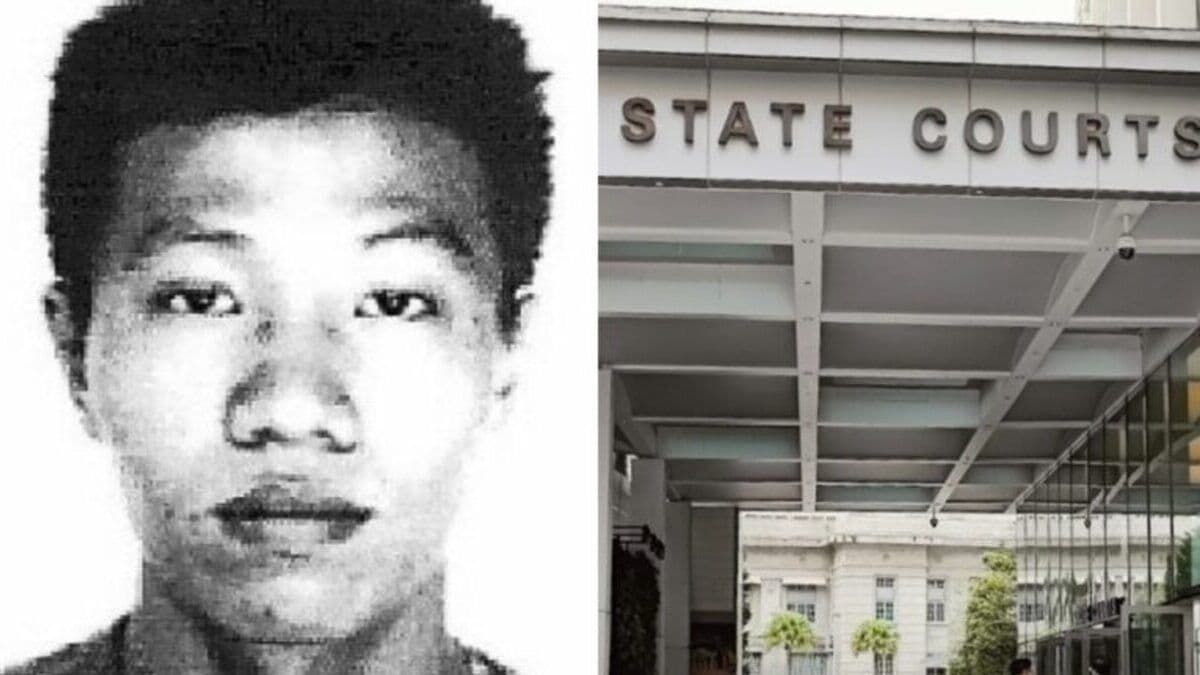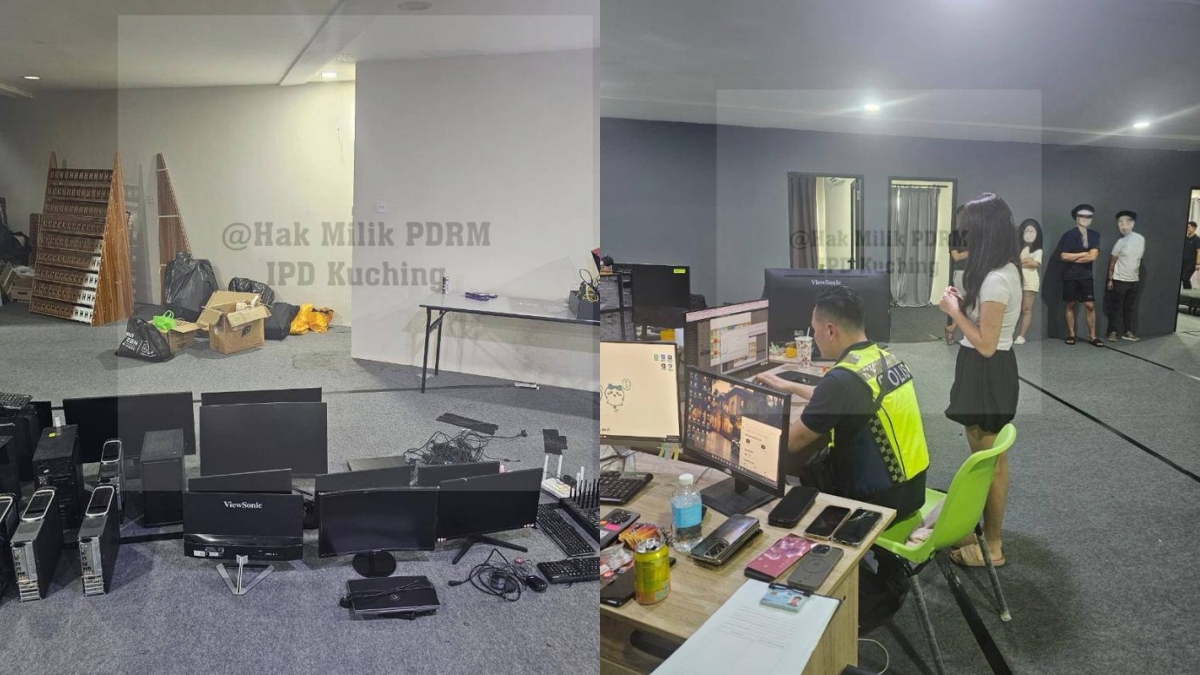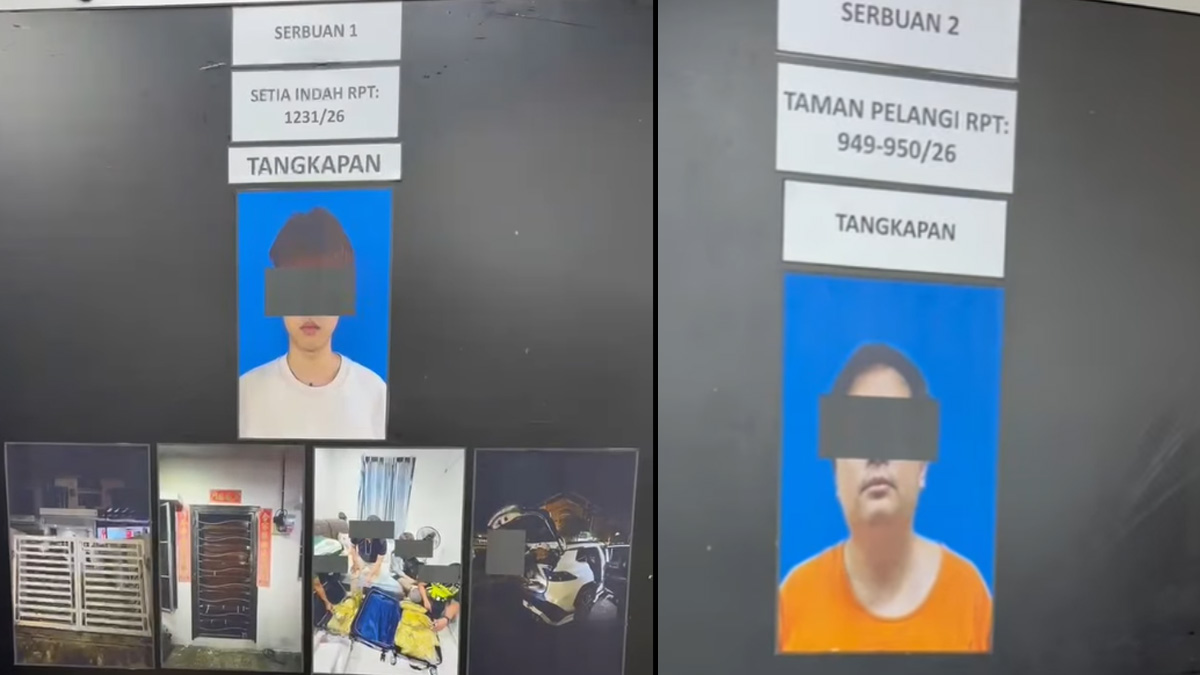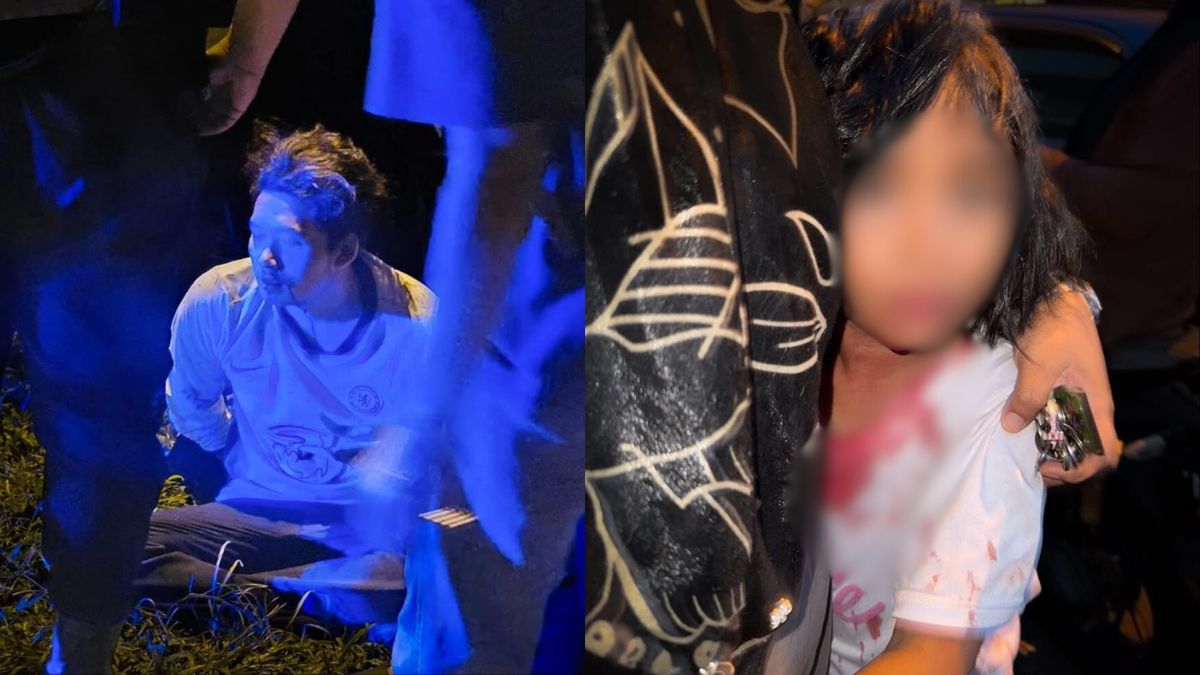Former CID officer jailed nine years for graft after 17 years on the run
A former Criminal Investigation Department (CID) officer was sentenced to nine years’ jail after admitting to receiving S$47,700 in bribes from an illegal gambling operator. He had evaded authorities for nearly 17 years before being arrested in April 2024.

- Former CID officer Koh Kian Tiong was sentenced to nine years’ jail, fined S$1,000, and ordered to pay S$47,700 in penalties for corruption.
- Koh accepted bribes from gambling operator Chua Chin Hoe between 2006 and 2007 and fled Singapore for 17 years.
- He was arrested in April 2024 after deportation from China and pleaded guilty to five counts of graft and one of desertion.
A former assistant superintendent from Singapore’s Criminal Investigation Department (CID) has been sentenced to nine years’ jail and fined after admitting to corruption offences dating back nearly two decades.
On 26 May, the High Court heard that 52-year-old Koh Kian Tiong, also known as Mark Koh, accepted bribes totalling S$47,700 from an illegal gambling operator between 2006 and 2007.
He was also fined S$1,000 and ordered to pay a penalty equal to the total amount of the bribes. Should he fail to pay the combined sum of S$48,700, he will serve an additional 47 days and one week in prison.
A case delayed by 17 years on the run
Koh had evaded arrest for almost 17 years before he was finally detained in 28 April 2024. He was intercepted at Changi Airport after being deported from China, where he had served a separate jail sentence for offences linked to a financial dispute.
The Corrupt Practices Investigation Bureau (CPIB) had begun looking into Koh’s activities in 2007. When he learnt of the probe during a trip to China, Koh chose not to return to Singapore. An Interpol red notice was subsequently issued against him, alerting law enforcement worldwide to his wanted status.
Charges and guilty plea
On 21 May, Koh pleaded guilty to five counts of corruption involving S$31,000 in bribes and one charge of desertion under the Police Force Act.
Ten other graft charges involving the remaining S$16,700 were taken into consideration during sentencing.
The court was told that Koh’s corrupt dealings undermined public trust in law enforcement and compromised operations against illegal gambling in Singapore.
Ties with illegal gambling operator
Between January 2006 and May 2007, Koh received bribes and free entertainment from Chua Chin Hoe, also known as “Ah Hoe,” who was operating illegal gambling dens in Singapore.
In return, Koh provided Chua with confidential information on CID enforcement activities. This intelligence was used to protect Chua’s operations from disruption.
Koh also introduced Chua to at least five other CID officers. Court documents showed that Chua paid for drinks and entertainment when they visited bars, sometimes spending on tips for hostesses and performers.
Bank records later revealed that Chua had spent at least S$27,000 on such entertainment expenses in 2006 alone.
Personal financial struggles
Koh’s relationship with Chua began during a difficult period in his personal life. He was undergoing divorce proceedings and struggling with significant legal fees.
According to court findings, he first sought a S$15,000 loan from a colleague in the Secret Societies Branch in January 2006. That colleague in turn approached Chua, who agreed to provide the money. Koh collected the sum in Geylang but never discussed repayment terms or attempted to repay the loan.
Later in 2006, Koh again turned to Chua for financial assistance to settle credit card debts, receiving another S$16,000. This amount also went unpaid.
Prosecutors stated that these debts placed Koh under obligation to Chua and made him more susceptible to further corrupt dealings.
CPIB investigation and desertion
In 2007, CPIB began investigating Koh’s links with Chua. While Koh was on leave in China, he learnt of the probe and chose not to return to Singapore.
His decision to remain abroad led to the desertion charge under the Police Force Act. This was compounded by the fact that he held a senior position in the CID’s Anti-Unlicensed Money Lending Task Force, with a team of officers under his command.
His absence from duty, and subsequent corruption charges, were described in court as “a serious breach of trust and responsibility.”
Linked prosecutions
Chua was eventually prosecuted and sentenced in 2012 to four and a half years’ jail and fined S$20,000 under the Prevention of Corruption Act and the Common Gaming House Act.
At least three other CID officers associated with Koh’s offences were also charged and sentenced in 2010, highlighting the broader impact of his misconduct within the department.
Sentencing remarks
The court stressed that Koh’s offences represented not only a betrayal of the police force but also a significant risk to public confidence in Singapore’s law enforcement institutions.
By providing sensitive operational information to a known gambling operator, Koh compromised the integrity of CID activities and endangered legitimate enforcement operations.
The judge also highlighted Koh’s long period as a fugitive, noting that his deliberate absence significantly aggravated the case.
While Koh pleaded guilty, the court concluded that his offences warranted a lengthy custodial sentence to reflect the gravity of his actions and to deter similar misconduct.
Aftermath and implications
Koh’s conviction closes a long-running case that spanned nearly two decades. His sentencing underscores Singapore’s strict stance on corruption and the risks faced by law enforcement officers who abuse their positions of authority.
The CPIB has reiterated its zero-tolerance policy towards corruption, regardless of the seniority or position of the offender.







